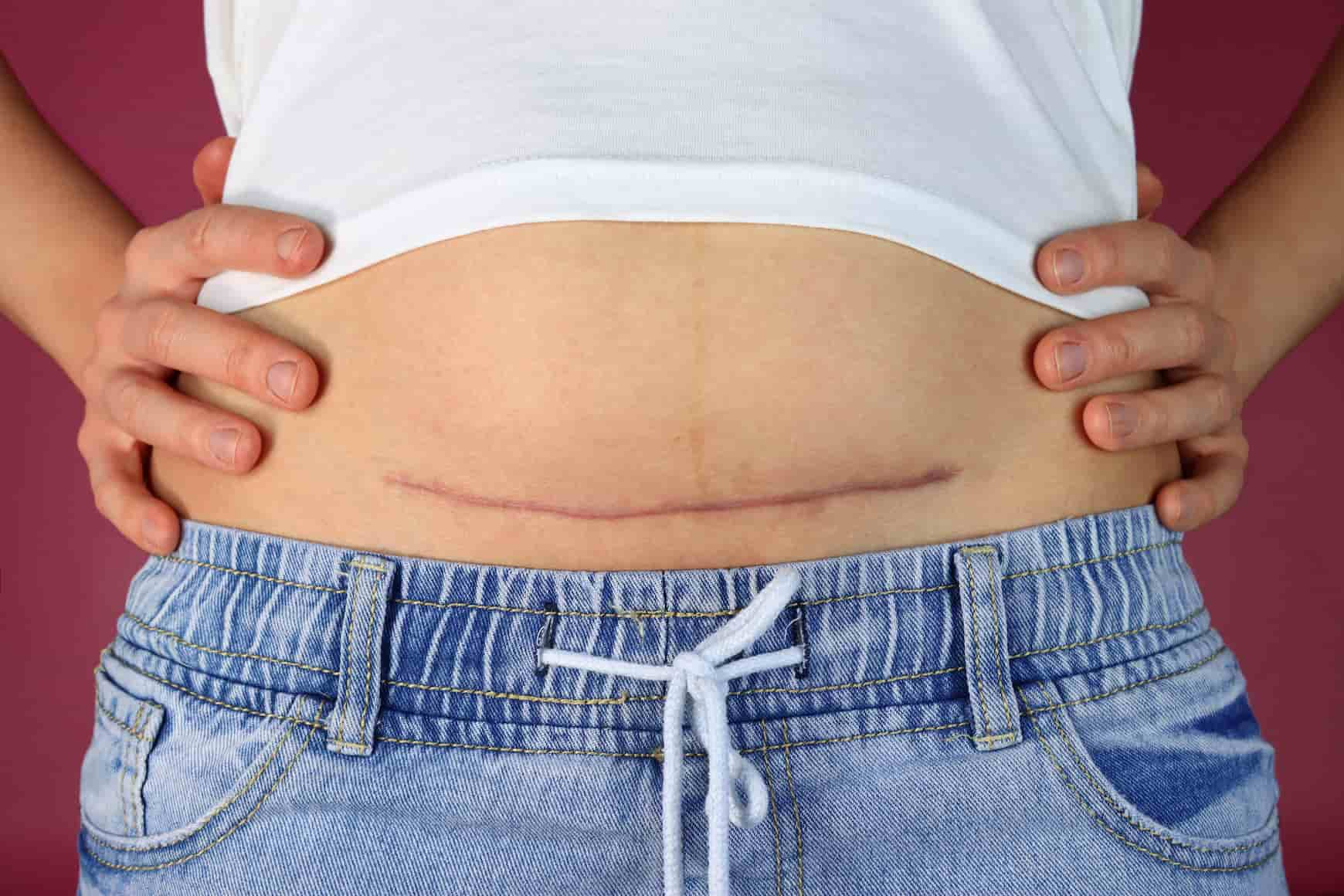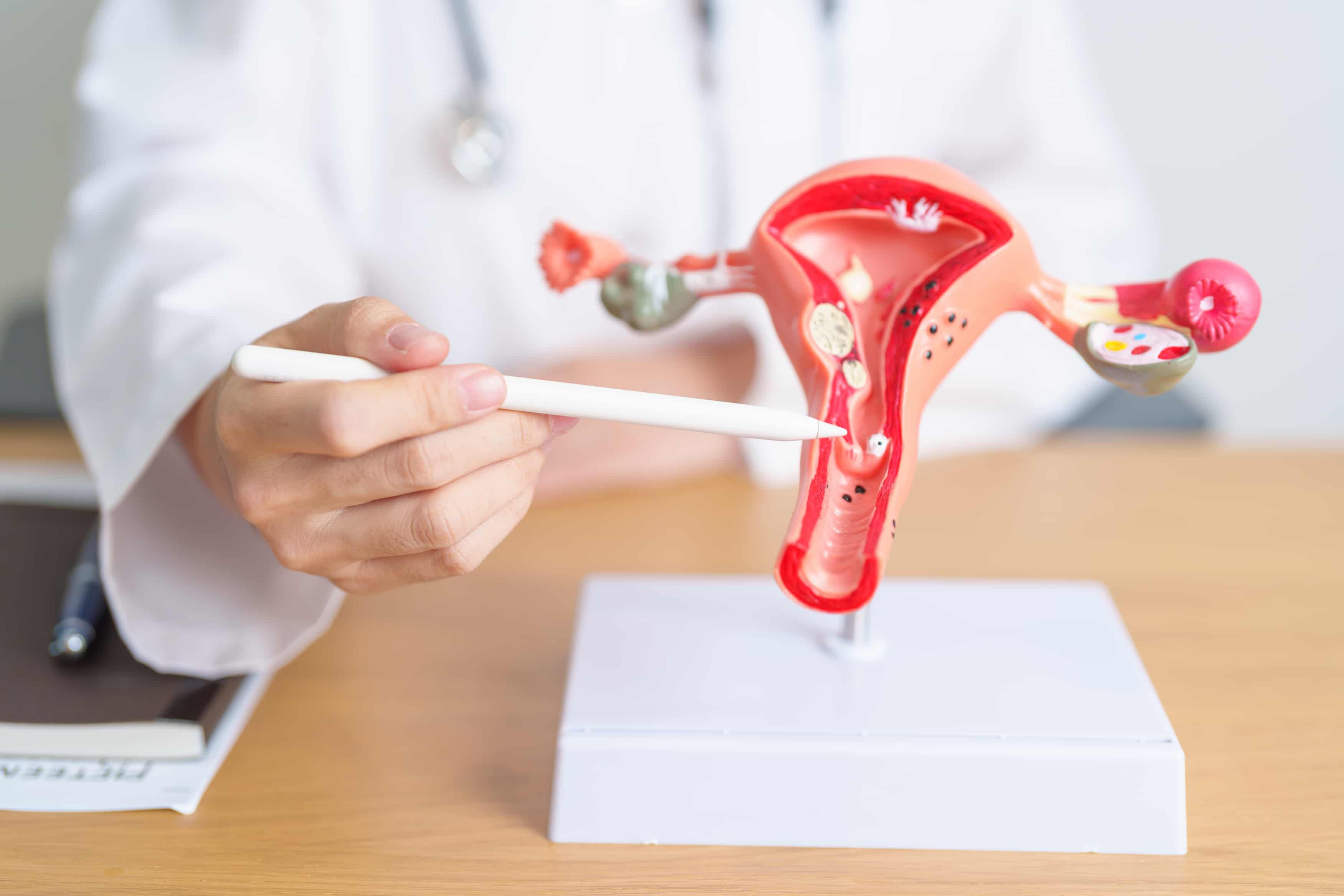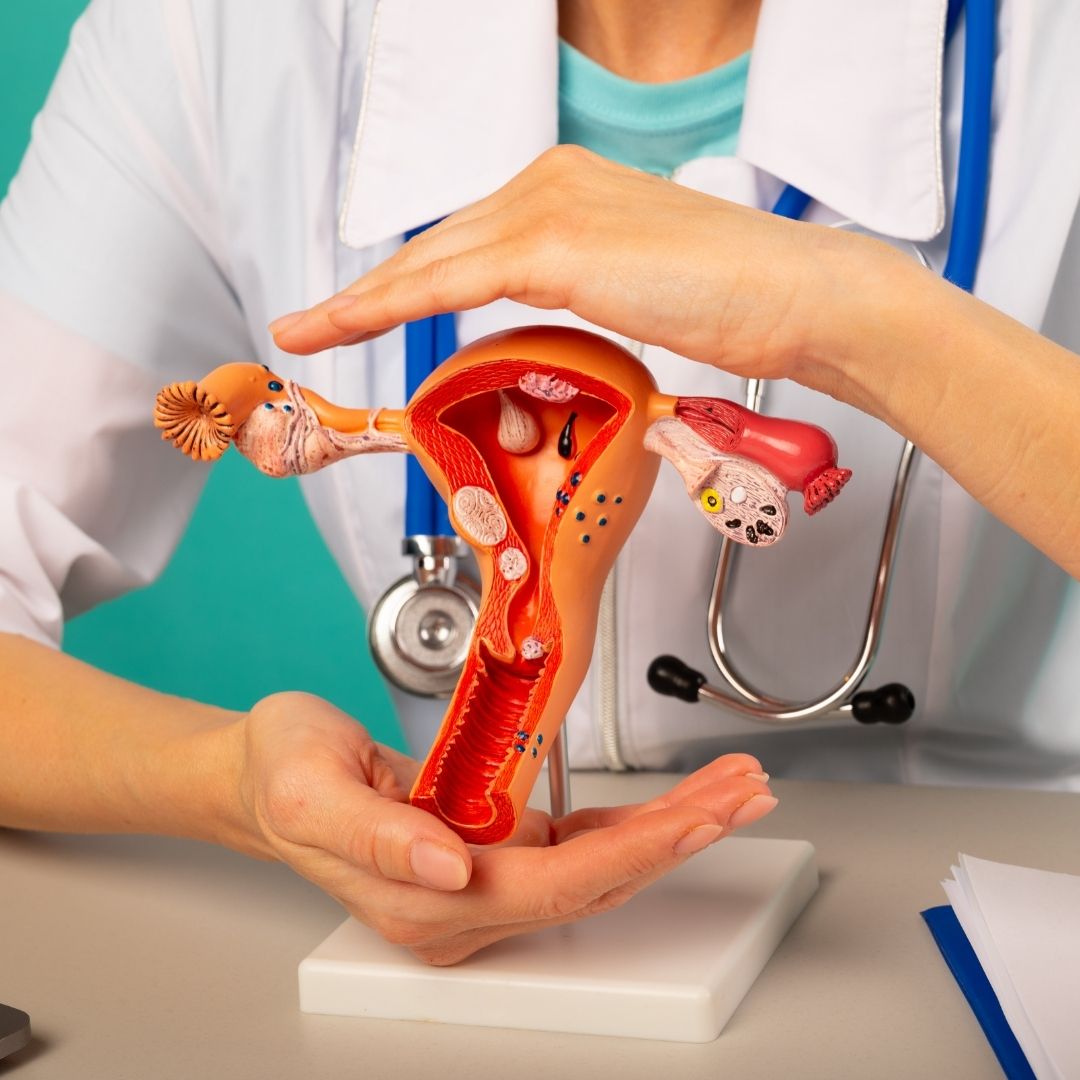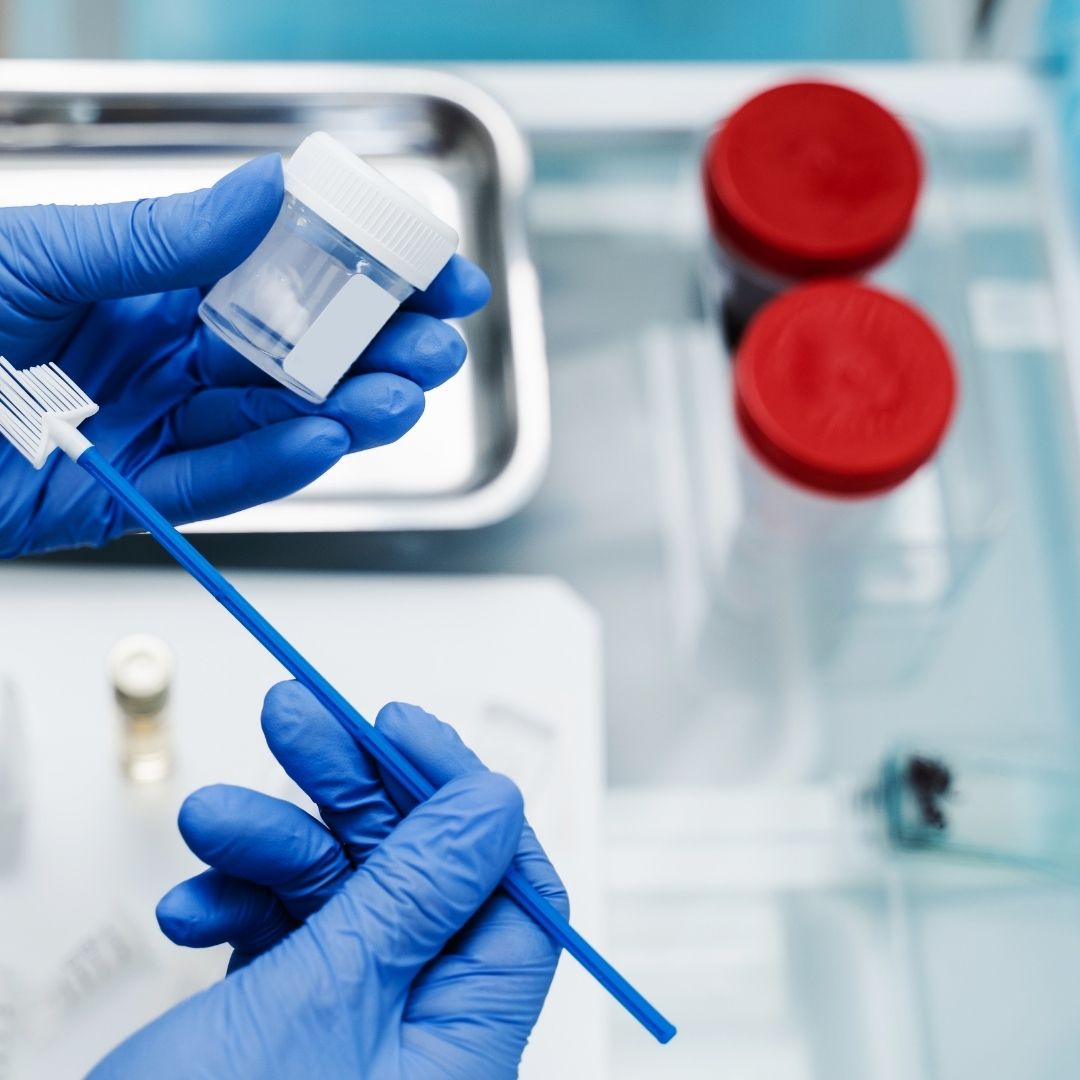
After a Hysterectomy
A hysterectomy is a surgical procedure that involves the removal of a woman’s uterus. It can be performed for a variety of reasons, including fibroids, endometriosis, cancer, or heavy bleeding. While the decision to have a hysterectomy can be a difficult one, it’s important to know what to expect after the procedure in terms of recovery, scars, pain, and complications.
Will I Have a Scar After a Hysterectomy?
The short answer is yes, you will have a scar after a hysterectomy. The size and location of the scar will depend on the type of hysterectomy you have. If you have a vaginal hysterectomy, the incisions are made inside the vagina and there will be no visible scars. If you have an abdominal hysterectomy, the incision is made in the lower abdomen and will result in a scar that may be several inches long.
In some cases, a laparoscopic hysterectomy can be performed, which involves several small incisions rather than one large incision. This can result in smaller scars, but there will still be some visible scarring. It’s important to keep in mind that scars will fade over time and can be hidden with clothing or swimwear.
How Much Pain Should I Expect After Having a Hysterectomy?
It’s normal to experience some pain and discomfort after a hysterectomy. The amount of pain you experience will depend on several factors, including the type of hysterectomy you have and your pain tolerance. If you have an abdominal hysterectomy, you can expect to feel more pain than if you have a vaginal or laparoscopic hysterectomy.
Your doctor will prescribe pain medication to help manage any pain or discomfort you may experience. It’s important to take the medication as prescribed and to rest as much as possible. It’s also important to avoid lifting heavy objects or engaging in strenuous activities for several weeks after the procedure to allow your body time to heal.

What Is the Risk for Complications After a Hysterectomy?
Like any surgical procedure, there are risks associated with a hysterectomy. The risk of complications will depend on several factors, including your age, overall health, and the type of hysterectomy you have. Some potential complications include bleeding, infection, damage to nearby organs, or blood clots.
Your doctor will discuss these risks with you before the procedure and take steps to minimize the risk of complications. It’s important to follow all pre-and post-operative instructions to help reduce the risk of complications.
Should I Expect Menopausal Symptoms After a Hysterectomy?
If your ovaries are also removed during the hysterectomy, you will likely experience menopausal symptoms. These can include hot flashes, mood swings, vaginal dryness, and difficulty sleeping. Your doctor may recommend hormone replacement therapy (HRT) to help manage these symptoms.
If your ovaries are not removed, you may still experience some changes in hormone levels that can result in irregular periods or changes in mood. Your doctor can discuss ways to manage these symptoms if they occur.
Will I Still Enjoy Sex After a Hysterectomy?
Many women are concerned about how a hysterectomy will affect their sex life. While it’s normal to experience some discomfort or pain during sex for a few weeks after the procedure, most women can resume sexual activity within six to eight weeks.
Some women may experience changes in sexual function after a hysterectomy, such as a decrease in libido or difficulty achieving orgasm. However, these changes are typically temporary and resolve over time. It’s important to discuss any concerns you have about sexual function with your doctor, who can offer advice and support.
The Study of After Hysterectomy
A comprehensive study published in the Journal of Gynecological Surgery analyzed the recovery process and common problems associated with hysterectomy. The study examined a large cohort of women who underwent different types of hysterectomy procedures and identified the most prevalent post-operative issues. It found that pain and discomfort, fatigue, and urinary problems were among the most common challenges women faced during recovery, with factors such as age, health status, and the type of hysterectomy influencing the severity and duration of these issues. This study provides valuable insights into the recovery process after a hysterectomy and can help women better understand and prepare for the potential challenges they may encounter.
What Are Common Problems After a Hysterectomy?
After a hysterectomy, there are some common problems that women may experience during the recovery process. These issues can vary depending on the type of hysterectomy, the underlying health condition, and the individual’s age and overall health status. Here are some of the common problems after a hysterectomy:
Pain and discomfort: Pain is a common problem after a hysterectomy, and it can be managed with pain medications prescribed by your doctor. Pain can be felt in the surgical incision, the abdomen, or in the vaginal area. In some cases, women may also experience muscle spasms or cramping, which can be uncomfortable.
Fatigue: Fatigue is a common side effect after a hysterectomy, and it can be caused by the body’s need to heal after surgery. Women may experience low energy levels, weakness, and difficulty sleeping. It’s important to get plenty of rest and avoid strenuous activities during the recovery period.
Infection: Infection is a potential complication after any surgery, including a hysterectomy. Symptoms of the infection can include fever, chills, redness or discharge from the incision site, and pain. It’s important to report any signs of infection to your doctor right away.
Bleeding: Some vaginal bleeding is normal after a hysterectomy, but if bleeding is heavy or lasts longer than a few days, it could be a sign of a problem. Women should contact their doctor if they experience any abnormal bleeding or discharge after the procedure.
Sexual dysfunction: A hysterectomy can have an impact on sexual function and enjoyment. Women may experience vaginal dryness, decreased libido, or discomfort during sexual activity. These issues can be addressed with a doctor and treated with various options such as hormonal therapy and/or vaginal moisturizers.
Urinary problems: After a hysterectomy, women may experience difficulty emptying their bladder or feel a constant need to urinate. This is often due to damage to the pelvic muscles or nerves during the procedure. Pelvic floor exercises can help strengthen these muscles and improve bladder control.
Menopausal symptoms: If a woman has her ovaries removed during the hysterectomy, she may experience menopausal symptoms such as hot flashes, mood swings, and vaginal dryness. Hormone replacement therapy may be recommended to manage these symptoms.
It’s important to note that not all women will experience these problems after a hysterectomy, and some may experience additional issues. It’s important to discuss any concerns with your doctor and to attend all follow-up appointments to ensure proper healing and to monitor for any potential complications. With proper care and attention, most women can recover fully from a hysterectomy and resume their normal activities.
How Long Does It Take to Heal Internally After Hysterectomy?
The healing process after a hysterectomy can vary depending on the type of procedure you have and your health status. In general, it takes about six to eight weeks for the incision to heal and for the body to adjust to the changes.
During this time, it’s important to follow all post-operative instructions from your doctor, including getting plenty of rest, avoiding strenuous activities, and taking any prescribed medications. It’s also important to attend all follow-up appointments with your doctor to ensure proper healing and monitor for any potential complications.
In conclusion, a hysterectomy is a major surgical procedure that can have significant physical and emotional impacts. While it’s normal to have concerns about recovery, scars, pain, complications, and changes in sexual function, it’s important to discuss these concerns with your doctor and to follow all pre- and post-operative instructions to ensure the best possible outcome. With proper care and attention, most women can recover fully from a hysterectomy and resume their normal activities.




